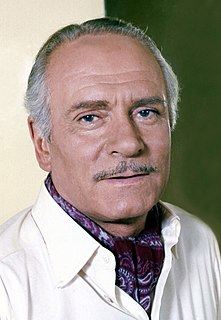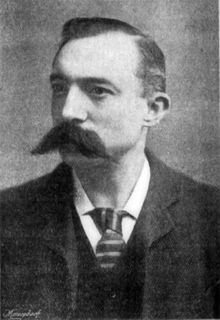A Quote by A. C. Bradley
Macbeth's deed is done in horror, and without the faintest desire or sense of glory- done, one may almost say, as if it were an appalling duty; the instant it is finished, its futility is revealed to Macbeth as clearly as its vileness had been revealed beforehand
Related Quotes
Hamlet is to Macbeth somewhat as the Ghost is to the Witches. Revenge, or ambition, in its inception may have a lofty, even a majestic countenance, but when it has "coupled hell" and become crime, it grows increasingly foul and sordid. We love and admire Hamlet so much at the beginning that we tend to forget that he is as hot-blooded as the earlier Macbeth when he kills Polonius and the King, cold-blooded as the later Macbeth or Iago when he sends Rosencrantz and Guildenstern to death.
































